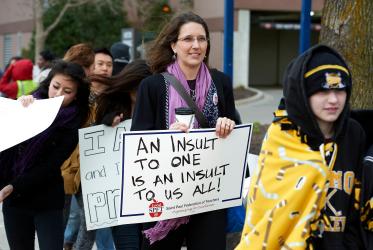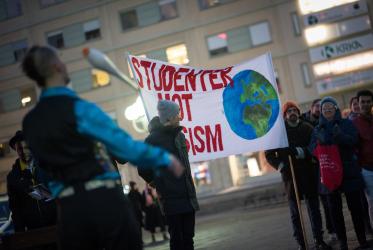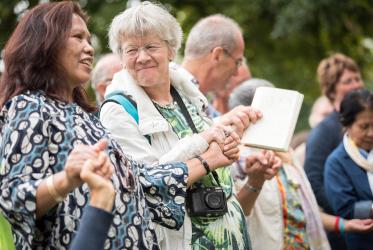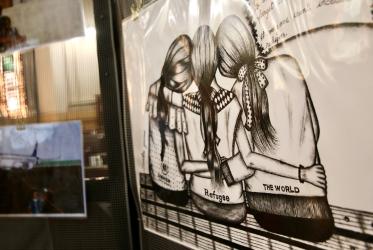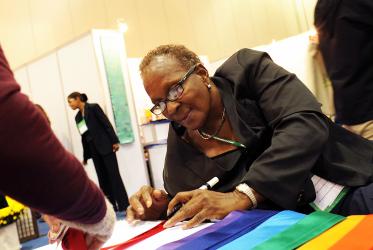Displaying 1 - 20 of 257
Churches in Africa agree on guidelines for disability inclusion
19 December 2023
Webinar: International Day for the Elimination of Racial Discrimination “Obstacles, Opportunities and Strategies!”
25 April 2023
https://us02web.zoom.us/webinar/register/WN_RhjAAuPwRvqYhi3LwzciLg
Indigenous women struggle for identity in Asia and beyond
05 September 2022







